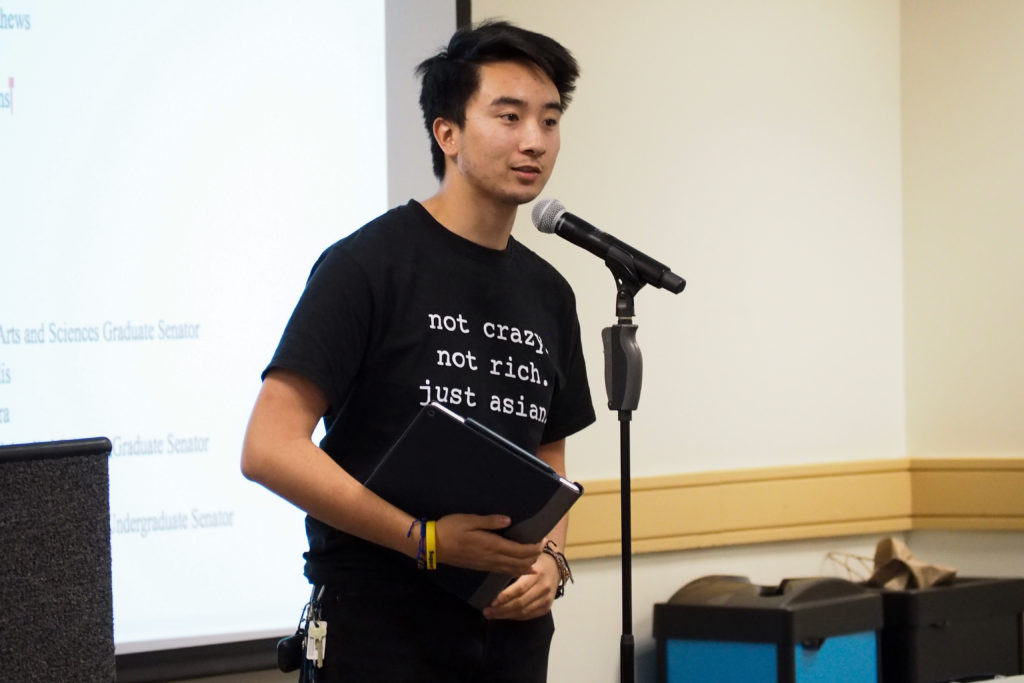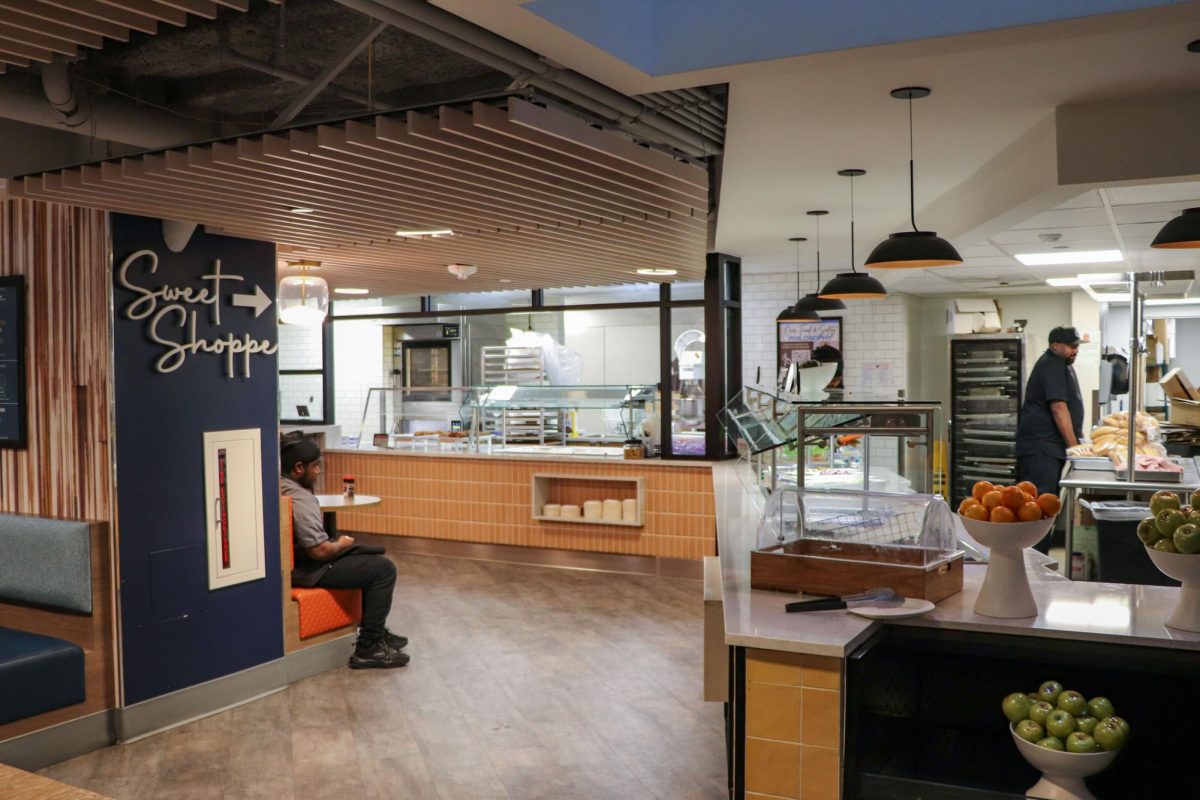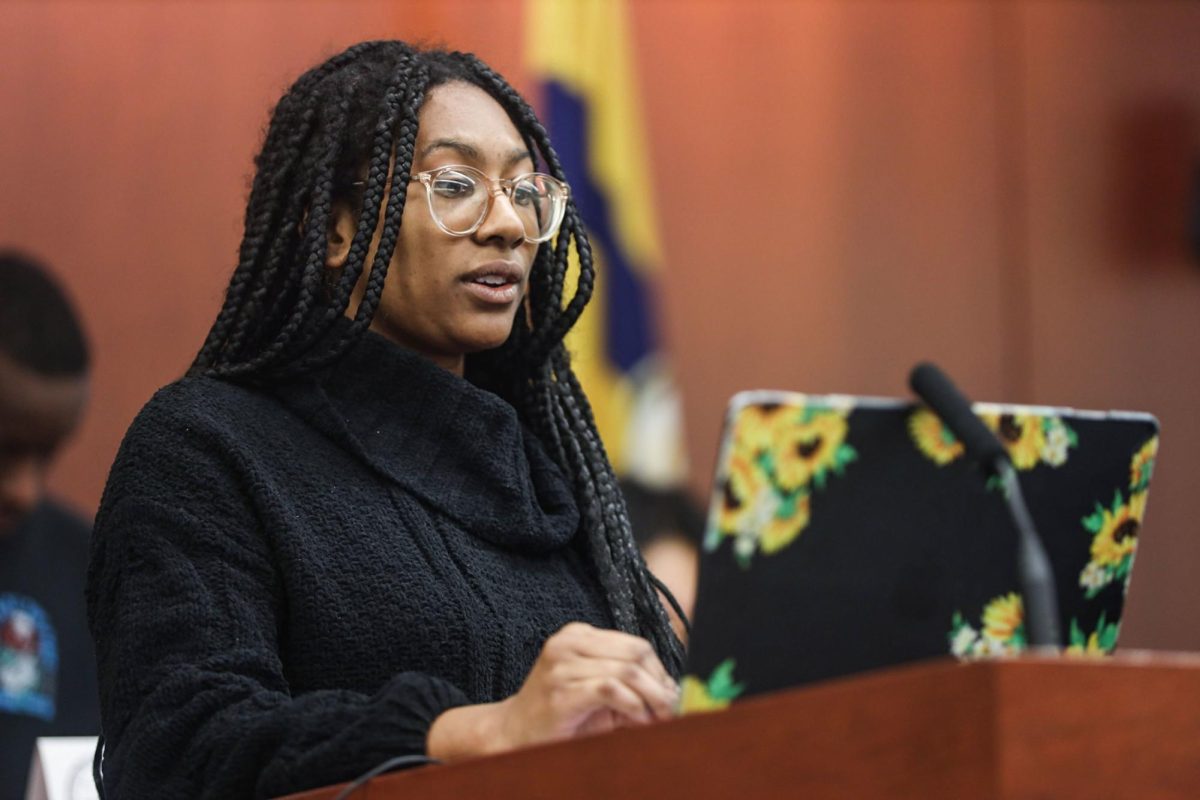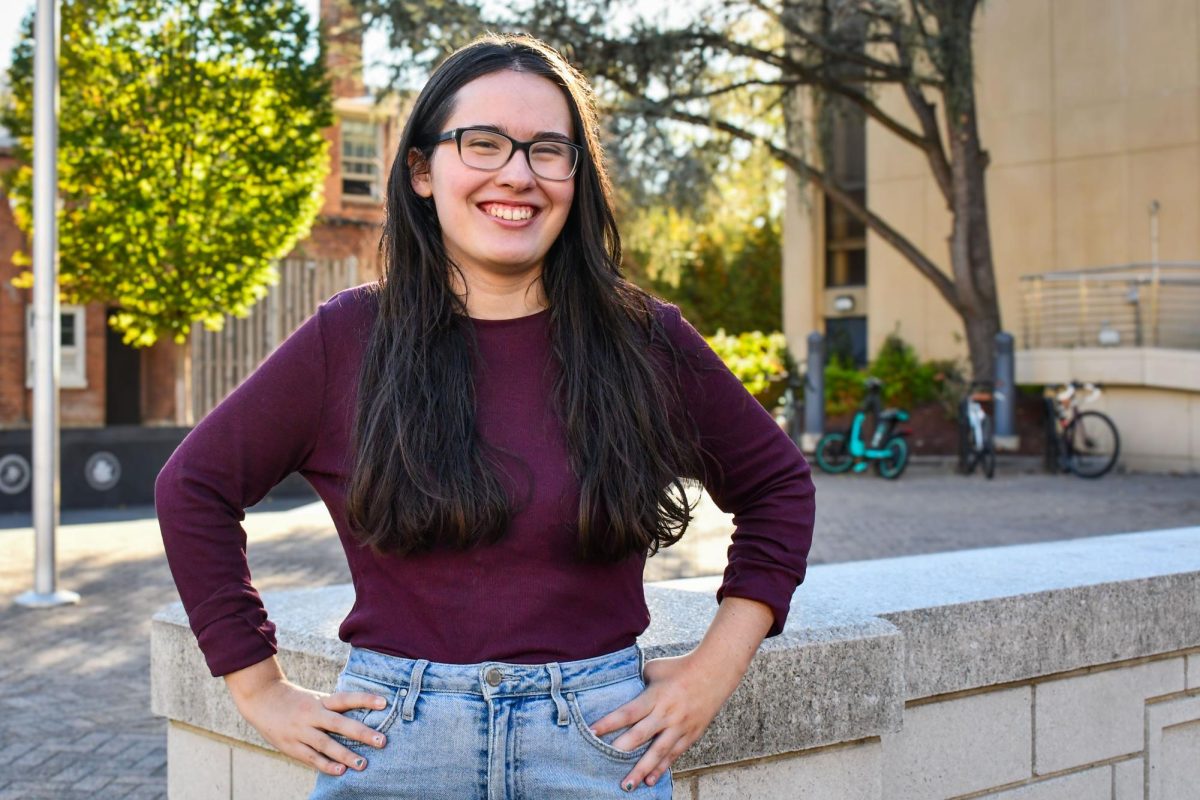The Student Association’s recently formed Asian Pacific Islander Desi Student Caucus will spend its first year advocating for greater diversity in Pan-Asian courses and languages.
SA Sen. Gabriel Young, CCAS-U and the caucus chair, said he wants to create a space to “collaborate and promote Pan-Asian unity” and address the lack of Pan-Asian representation on campus. He said he hopes the caucus will give students a voice in University affairs and allow students to advocate for issues like increasing curricula diversity and improving Pan-Asian relations on campus.
“In the struggle for racial justice that has been arising with the [Black Lives Matter] movement and the systematic racist policing that is in place, I’m kind of disheartened to note that here at GW, there is truly a lack of Asian representation, and when I say Asian, I mean Pan-Asian,” Young said.
About 10 percent of undergraduate students and 9 percent of graduate students at GW are Asian, according to institutional data. Young said the caucus meetings would be targeted toward Pan-Asian student organization leaders similar to the Black Senators’ Caucus that launched last fall.
Young said the caucus would be made up of a total of seven senators and SA Executive Vice President Brandon Hill.
“I believe that by getting everyone into a caucus and including student leaders within it, it would remedy the problems and missteps that the University has taken,” Young said. “This is why I’m in partnership with multiple student orgs, and the SA is advocating for this caucus because we want to collaborate and promote Pan-Asian unity and improvement efforts for the entire University.”
He said the caucus will work this semester to save the Persian program, which he’s heard could be cut permanently due to a lack of student enrollment. Young said he has been working closely with the recently formed Asian Pacific Islander Desi American Alliance to create a database filled with Asian American historical documents because the ethnic studies courses offered at the University are “lacking.”
“GW School of Business and the Elliott School of International Affairs have first-year classes where they bring in some diversity training or ethnic studies courses, but there isn’t a true ethnic studies department,” Young said.
He added that many Pan-Asian students at the University fall victim to the model minority myth, which perpetuates a stereotype that Asian Americans achieve greater success than the general population due to a combination of innate talent and work ethic. He said members of the caucus aim to raise awareness for this issue because it can be harmful to students in the Pan-Asian community.
Young said the caucus also plans to advocate for changes in the Elliott School of International Affairs’ foreign language requirements, which only accept Chinese, Korean and Japanese to satisfy the requirement. Young said the requirement does not take into account GW’s population of students of Indian descent and would advocate for Hindi to be added to the list along with other dialects of South Asia.
“It is sad to say that the Elliott School does not recognize an Indian dialect at all to fulfill a foreign language requirement or even offer it as a class,” Young said.
Junior Varun Oberoi – the president of the Hindu Student Association, one of the organizations that endorsed the legislation to create the caucus – said he hopes the caucus will create more collaboration between Pan-Asian communities at GW by giving them a platform to share their ideas and work together. He said through being involved in various Asian-centered organizations at GW, he has noticed that they often work independently but believes the caucus will create a community for collaboration.
“I don’t think it’s been done in such a way before, and I think this is a great way to have the SA support our collaboration between different orgs,” he said.
Oberoi said he wants to see more students outside of student leaders in Asian-centered organizations attend events and support Asian American and Pacific Islander Heritage Month, held in May.
“I’m hoping that having a caucus will make people want to come out to the events and make the general school more interested in coming out to support such events,” Oberoi said.
Senior Tara Zokaie – the president of the Philippine Culture Society, which endorsed the caucus – said she hopes the caucus will boost collaboration between Pan-Asian students at GW by giving them a space to share thoughts and ideas. Zokaie said she joined the Asian Pacific Islander Desi American Alliance over the summer to get to know other Pan-Asian students and said she thought the caucus was an opportunity for members to gain representation in student leadership.
Zokaie said she hopes to see more officials acting in support of Pan-Asian students as they have in filing an amicus brief advocating for U.S. Immigration and Customs Enforcement to reverse a rule that had prohibited international students from living in the country if their college remained fully online.
“Now that we have this caucus in place, we want to get our voice heard because that’s been increasingly difficult over the years,” Zokaie said. “Having this platform is going to make that way easier.”








